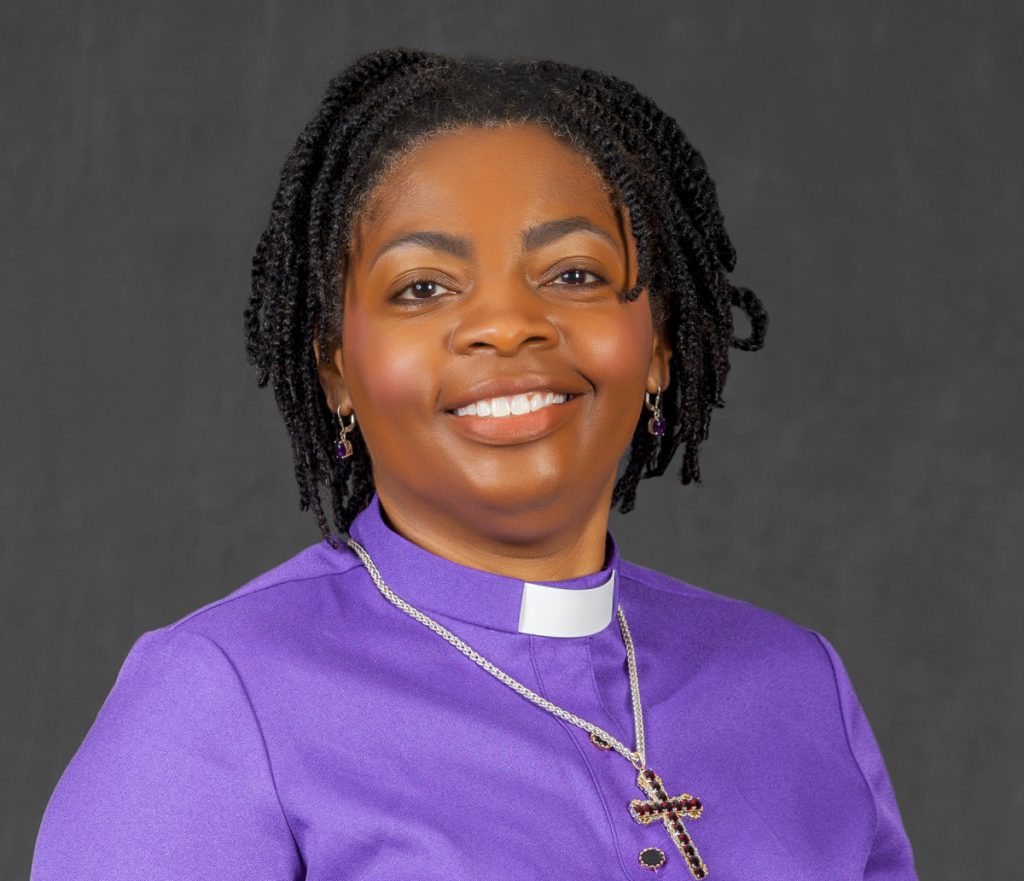
James Buckser
Staff writer
Bishop Cynthia Moore-Koikoi believes faith is a powerful thing.
Moore-Koikoi sees “no difference” between the secular world and the sacred. She said she feels that “if sacred means where God is, then God is everywhere.”
“I don’t see it as a dichotomy,” said Moore-Koikoi, resident bishop of the Pittsburgh Episcopal Area of the United Methodist Church. “I see it as folks with faith in God and folks who are Christian, faith in God through Jesus Christ, us living out our faith in the world in ways that make the world a better place for everybody.”
Moore-Koikoi will speak at 2 p.m. today in the Hall of Philosophy as a part of the Interfaith Lecture Series Week Four theme, “Religious Faith and Everything Else We Believe In.”
Today, she will discuss how faith is formed, whether it is “genetic, or we learn it, or it’s based on our experiences.”
“I hope that people will take home a sense that our faith formation comes from a number of different places and spaces, and it’s not linear,” Moore-Koikoi said. “There are times when we absolutely have trust in whatever it is we believe in, and then there are times where we have absolute doubt in what it is we thought we believed. That’s a normal part of who we are, and God has kind of provided for those ups and downs of our journey.”
Before joining the church, she spent 17 years as a school psychologist. Moore-Koikoi said her work then prepared her for her work now.
“There came a point when I felt as if God was calling me to do something different, to actually be in pastoral ministry in a local church,” she said.
Before she became a bishop, Moore-Koikoi served as district superintendent of the Baltimore Metropolitan Area, where she played a “key spiritual role” after the death of Freddie Gray in police custody in 2015, according to her biography on the Western Pennsylvania United Methodist Church website.
There she “helped organize United Methodist churches to open their doors and minister to children and families whose schools were closed, and to meet other basic needs,” according to the website.
Ordained as an elder in 2010 and elected as a bishop in 2016, Moore-Koikoi has served congregations throughout Maryland and Pennsylvania. She is the president of the board of directors of the General Commission on Religion and Race and the team leader for the Mission Engagement Leadership team on the Council of Bishops. In her time as a faith leader, Moore-Koikoi has worked to improve not just the church, but the communities around it.
The General Commission on religion and race is designed to “help the Church deal with and move through the realities of racism in our culture and in the Church,” Moore Koikoi said. The organization provides cross-cultural training, annual conferences, training in anti-racism, and audits of annual conferences “if they want to look to see if their policies or procedures are unjust and unfair to people of color.”
Moore-Koikoi said people are initially “pretty open” to the work the General Commission does, but there can be some “unconscious resistance” once changes start being made.
“Once we start getting into the work of things and folks actually change some of their policies, some of their ways of being, that’s sometimes where the resistance comes in,” Moore-Koikoi said. “It’s typically unconscious, because as a Christian organization, nobody’s going to come out and overtly say, ‘I don’t want to deal with this racism in the church.’ They’re at least going to verbalize that they want to change in some way.”
The Mission Engagement Leadership Team, which Moore-Koikoi aids in leading, “helps bishops discern where there might be appropriate places for them to encourage the annual conference to be in mission together.”
Later this year, Moore-Koikoi will take the bishops elected in 2022 on a trip to Cambodia and the Philippines, so they can see how the church is “in mission as a denomination there, and get some ideas about how they can be in mission and ministry when they get back to their areas.”




